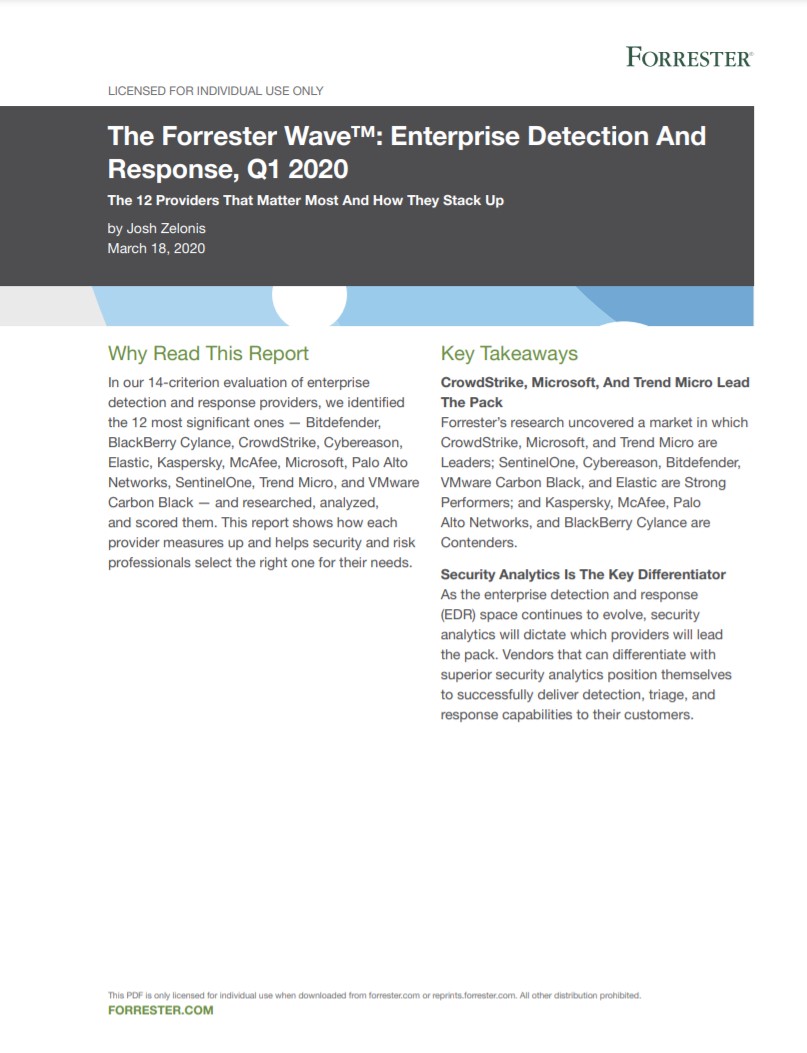GitHub to prohibit code that’s used in active attacks
The coding repository updates its policies to tighten up security in light of concerns it might be exploited


GitHub has instigated a series of updates to its policies to reduce the potential for hackers to abuse the platform, which includes blocking any code that's used in ongoing attacks.
Revisions to the open source platform's policies on security research, malware and exploits are to ensure the platform remains open to security researchers while maintaining enough safeguards to ensure that GitHub isn't abused.
As part of the changes, GitHub has stressed it's explicitly allowing dual-use security technologies and content related to security research, in that details around exploit mechanisms are published with positive intentions. The platform will, however, take action against any projects that may lead to causing harm to others.
"We understand that many security research projects on GitHub are dual-use and broadly beneficial to the security community," said GitHub's chief security officer, Mike Hanley. "We assume positive intention and use of these projects to promote and drive improvements across the ecosystem.
"We do not allow use of GitHub in direct support of unlawful attacks that cause technical harm, which we've further defined as overconsumption of resources, physical damage, downtime, denial of service, or data loss."
The nature of open source means developers are generally free to upload their own code or projects and contribute to the work of others, with GitHub serving as a key platform for allowing that collaboration.
Users are prohibited, however, from uploading or sharing any content through the platform which can be used to deliver malicious files, or from manipulating GitHub in such a way that it can serve as C&C infrastructure.
Get the ITPro daily newsletter
Sign up today and you will receive a free copy of our Future Focus 2025 report - the leading guidance on AI, cybersecurity and other IT challenges as per 700+ senior executives
Where there's widespread abuse of dual-use security content, GitHub's policies suggest that moderators will restrict access to that content in order to disrupt ongoing attacks or malware campaigns. In most instances, content will be placed behind an authentication barrier, but as a last resort, the platform may even disable access or fully remove projects.
The site has also established an appeals process for repository owners who feel their content has been restricted unfairly.
Because GitHub is an open platform, anchored in the open source ethos, many have raised concerns through the years that hackers and cyber crime gangs have taken advantage of these principles to expand their activities.
RELATED RESOURCE

A guide to enterprise detection and response providers
The 12 providers that matter most and how they stack up
For example, Avast researchers identified several instances of hackers uploading cryptocurrency mining malware onto GitHub in 2018 by "forking" other people's legitimate projects, and adding malicious code to the repository.
Last year, meanwhile, several GitHub projects related to the NetBeans Java software were infected with malware known as Octopus Scanner that carved backdoors and infected files with a payload.
GitHub's policy changes come several weeks after the platform announced it wanted to consult with developers over how best to tighten up the general security of the ecosystem while preserving the integrity of security research.

Keumars Afifi-Sabet is a writer and editor that specialises in public sector, cyber security, and cloud computing. He first joined ITPro as a staff writer in April 2018 and eventually became its Features Editor. Although a regular contributor to other tech sites in the past, these days you will find Keumars on LiveScience, where he runs its Technology section.
-
 AI is helping bad bots take over the internet
AI is helping bad bots take over the internetNews Automated bot traffic has surpassed human activity for the first time in a decade, according to Imperva
By Bobby Hellard
-
 Two years on from its Series B round, Hack the Box is targeting further growth
Two years on from its Series B round, Hack the Box is targeting further growthNews Hack the Box has grown significantly in the last two years, and it shows no signs of slowing down
By Ross Kelly
-
 Google pays largest-ever bug bounty worth £500,000
Google pays largest-ever bug bounty worth £500,000News The company remained tight-lipped over the exploit itself, but speculation is possible given its publicly available rewards breakdown
By Connor Jones
-
 OpenSSL 3.0 vulnerability: Patch released for security scare
OpenSSL 3.0 vulnerability: Patch released for security scareNews The severity has been downgraded from 'critical' to 'high' and comparisons to Heartbleed have been quashed
By Connor Jones
-
 Hacker steals $566 million from Binance Bridge using proof-forgery exploit
Hacker steals $566 million from Binance Bridge using proof-forgery exploitNews An exploit discovered in the exchange platform's proof verifier let the hacker take 2m BNB without raising alarm bells
By Rory Bathgate
-
 CISA issues fresh orders to polish security vulnerability detection in federal agencies
CISA issues fresh orders to polish security vulnerability detection in federal agenciesNews The move marks the latest step in the cyber security authority's ongoing ambition to minimise the government's exposure to attacks
By Praharsha Anand
-
 Mozilla patches high-severity security flaws in new ‘speedy’ Firefox release
Mozilla patches high-severity security flaws in new ‘speedy’ Firefox releaseNews Numerous vulnerabilities across Mozilla's products could potentially lead to code execution and system takeover
By Connor Jones
-
 WordPress plugin vulnerability leaves sites open to total takeover
WordPress plugin vulnerability leaves sites open to total takeoverNews Customers on WordFence's paid tiers will get protection from the WPGate exploit right away, but those on the free-tier face a 30-day delay
By Rory Bathgate
-
 Numerous HP business laptops and desktops vulnerable to publicly disclosed security bugs
Numerous HP business laptops and desktops vulnerable to publicly disclosed security bugsNews Researchers revealed the details of the six vulnerabilities at Black Hat in August but many laptops, desktops, and workstations remain vulnerable
By Connor Jones
-
 HP patches high-severity security flaw in its own support tool
HP patches high-severity security flaw in its own support toolNews The application that's installed in every HP desktop and notebook was allowing hackers to elevate privileges through a DLL hijacking vulnerability
By Connor Jones